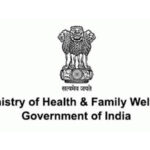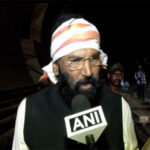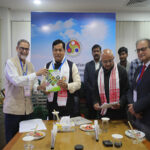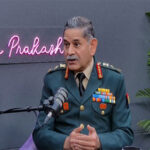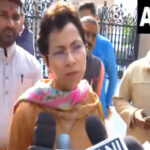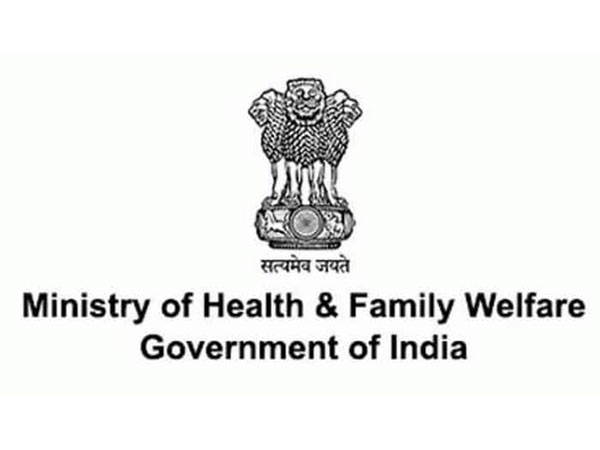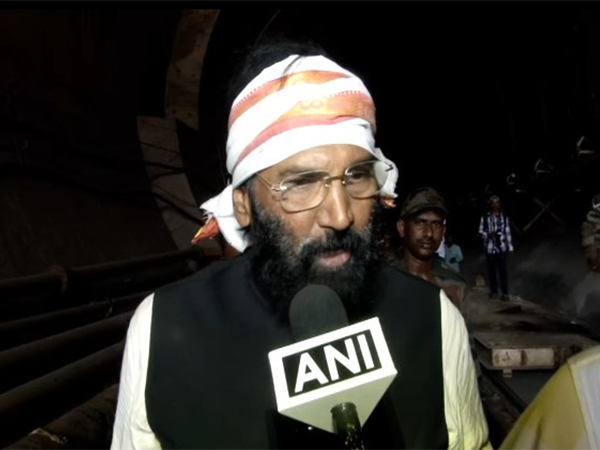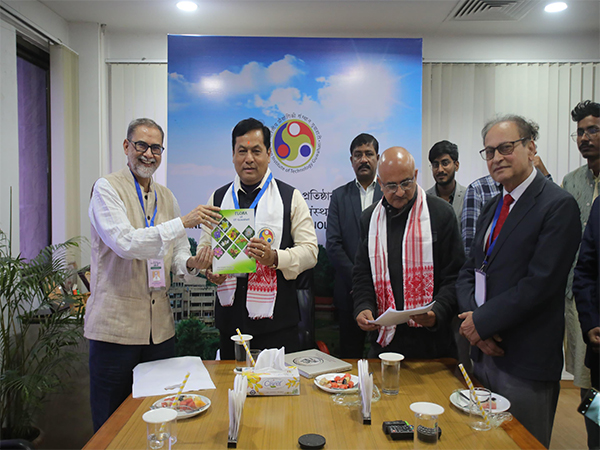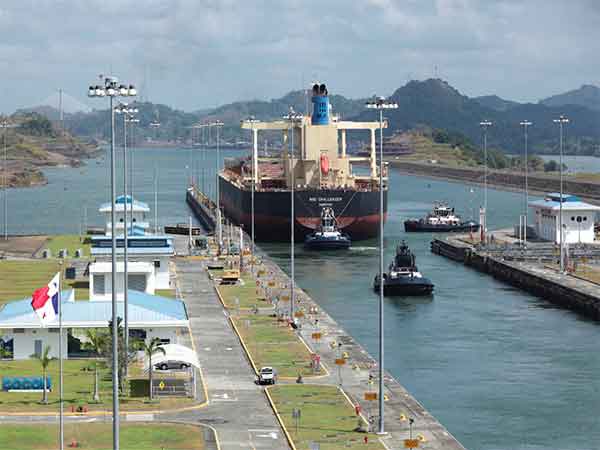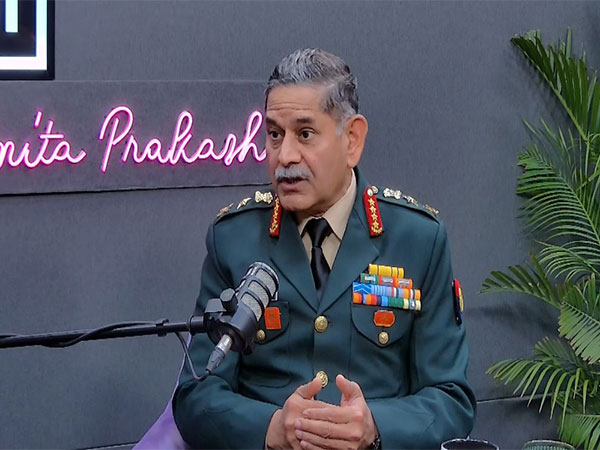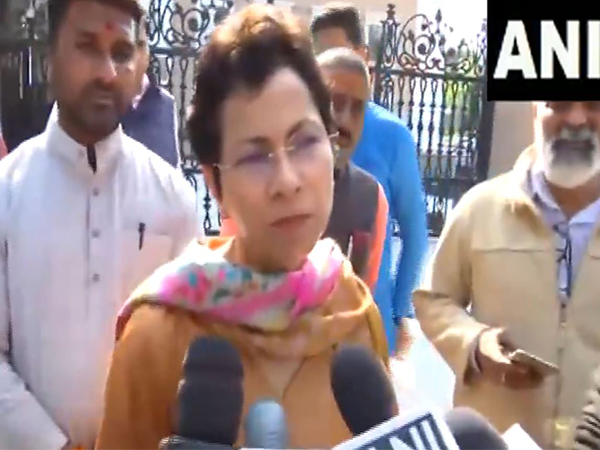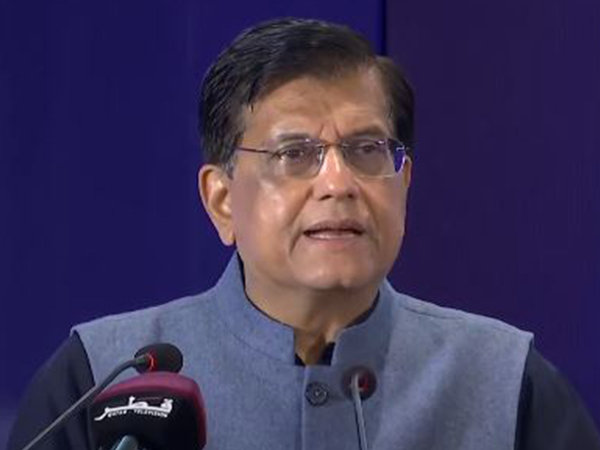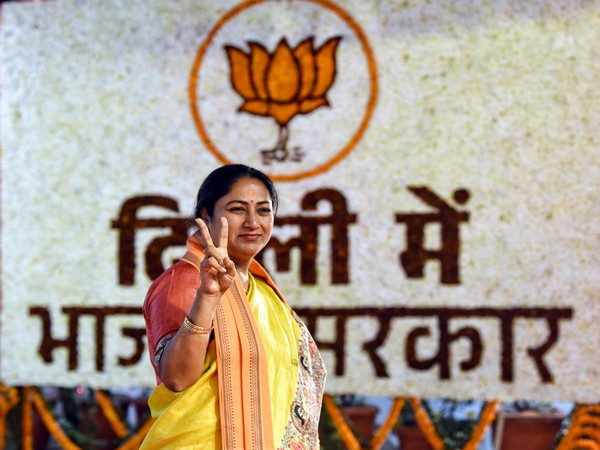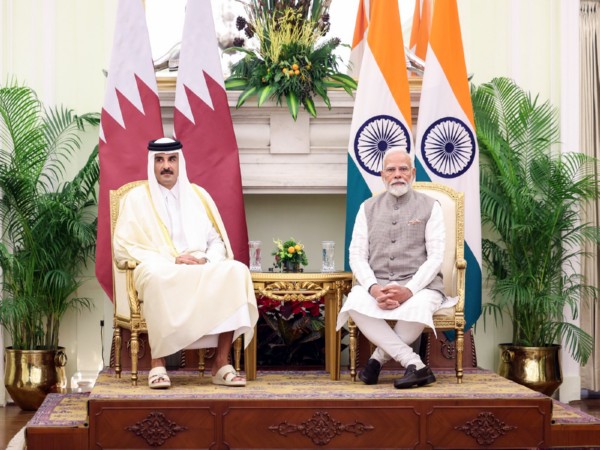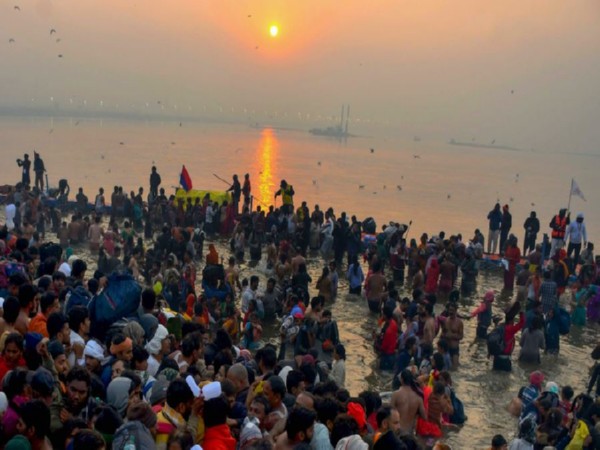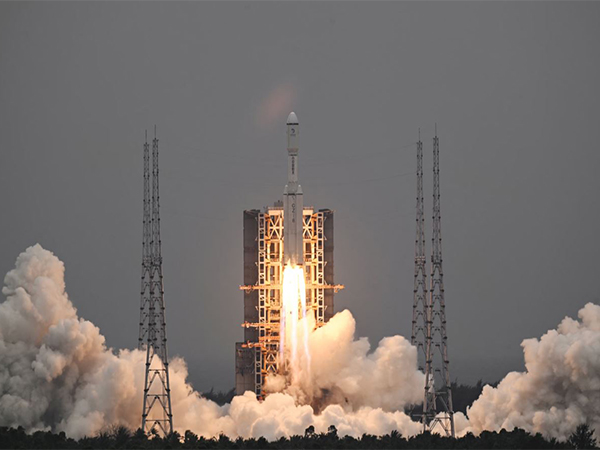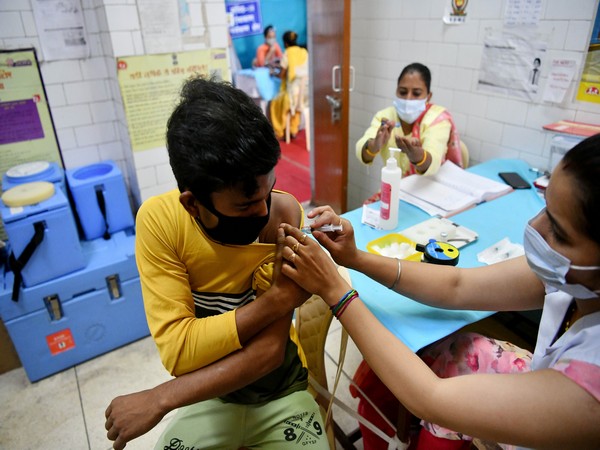
New Delhi, Aug 17 (ANI): A beneficiary reacts while receiving a dose of the Covid-19 vaccine at a health centre, in New Delhi on Tuesday. (ANI Photo)
New Delhi [India], August 30 (ANI): India on Monday administered over 53 lakh COVID-19 vaccine doses, said Ministry of Health and Family Welfare (MoHFW).
An official statement from the MoHFW stated that 53,37,042 vaccine doses have been administered today, as per the 7 pm provisional report.
“Final reports would be completed for the day by late tonight,” said the Ministry.
Out of the total 53,37,042 vaccine doses inoculated today, 38,55,587 were first dose and 14,81,455 were second dose.
As per the provisional report, cumulative COVID-19 vaccination coverage is 63.99 crore.
From the total 63,99,01,822 vaccine doses, 49,24,99,609 were administered as first dose and 14,74,02,213 were administered as second dose.
Meanwhile, 42,909 new COVID-19 cases were reported in the last 24 hours.
The health ministry said that with the sustained and collaborative efforts by the Centre and the states and UTs the trend continues of less than 50,000 daily new cases that are being reported for 64 consecutive days now.
With the recovery of 34,763 patients in the last 24 hours, the cumulative tally of recovered patients has increased to 3,19,23,405 taking India‘s recovery rate at 97.51 per cent.
The active caseload is presently 3,76,324 and it constitutes 1.15 per cent of the country’s total positive cases.
The weekly positivity rate at 2.41 per cent remains less than 3 per cent for the last 66 days now while the daily positivity rate stands at 3.02 per cent and it has remained below 5 per cent for 84 consecutive days now.
The testing capacity across the country continues to be expanded. The last 24 hours saw a total of 14,19,990 tests being conducted. India has so far conducted 52,01,46,525 cumulative tests.
Increasing number of COVID infections in some states presently indicate third wave: ICMR’s Dr Samiran Panda
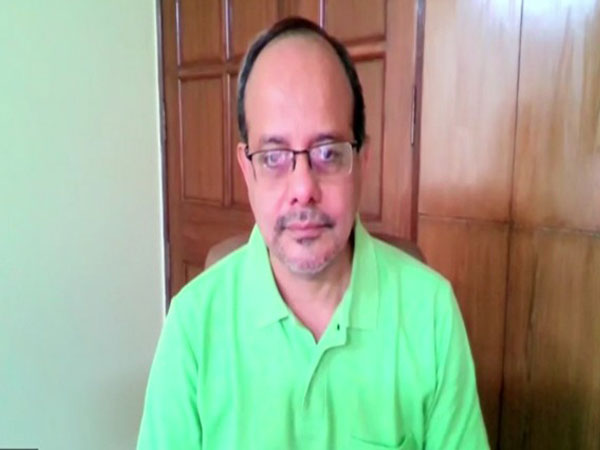
New Delhi [India], August 30 (ANI): Dr Samiran Panda, the head of Epidemiology and Communicable Diseases at the Indian Council of Medical Research (ICMR) on Monday said that the states which did not face an intense second wave of the COVID-19 pandemic are now with the increasing trend of COVID-19 cases, showing early signs of the third wave.
In an interview with ANI, Panda said that it is important to not talk of India as a whole and to instead take a state-specific view when talking about COVID-19 because all the states are not homogenous.
“Several states began imposing COVID-19 restrictions and increased vaccinations, learning from Delhi and Maharashtra. Due to this, the second wave in several states was not as intense, leaving scope for a third wave. Therefore, the increasing number of COVID-19 infections in some states presently is indicating a third wave,” he said.
“Every state should look into their number of COVID-19 infections and its intensity in both the first and the second wave of the pandemic to decide about their strategy/pandemic preparedness for the possibility of the third wave,” the doctor added.
Commenting on the reopening of the schools, Panda said we should not panic about it. “The fourth national serosurvey clearly shows that more than 50 per cent of children are infected, a little less than adults. So, we need not panic unnecessarily,” he said.
Further, he added that the more important thing than wondering if or not it is safe to open schools is to prepare well. “Teachers, parents, supporting staff, bus drivers and conductors should be vaccinated. It is important that the Covid Appropriate Behaviour (CAB) is implemented, and it is necessary to display hoarding showing what CAB is. Other than that, it is fine to reopen schools, especially in the states where the second wave was intense. However, for the states which didn’t experience an intense second wave, the schools should be reopened gradually and with caution,” he said. (ANI)


